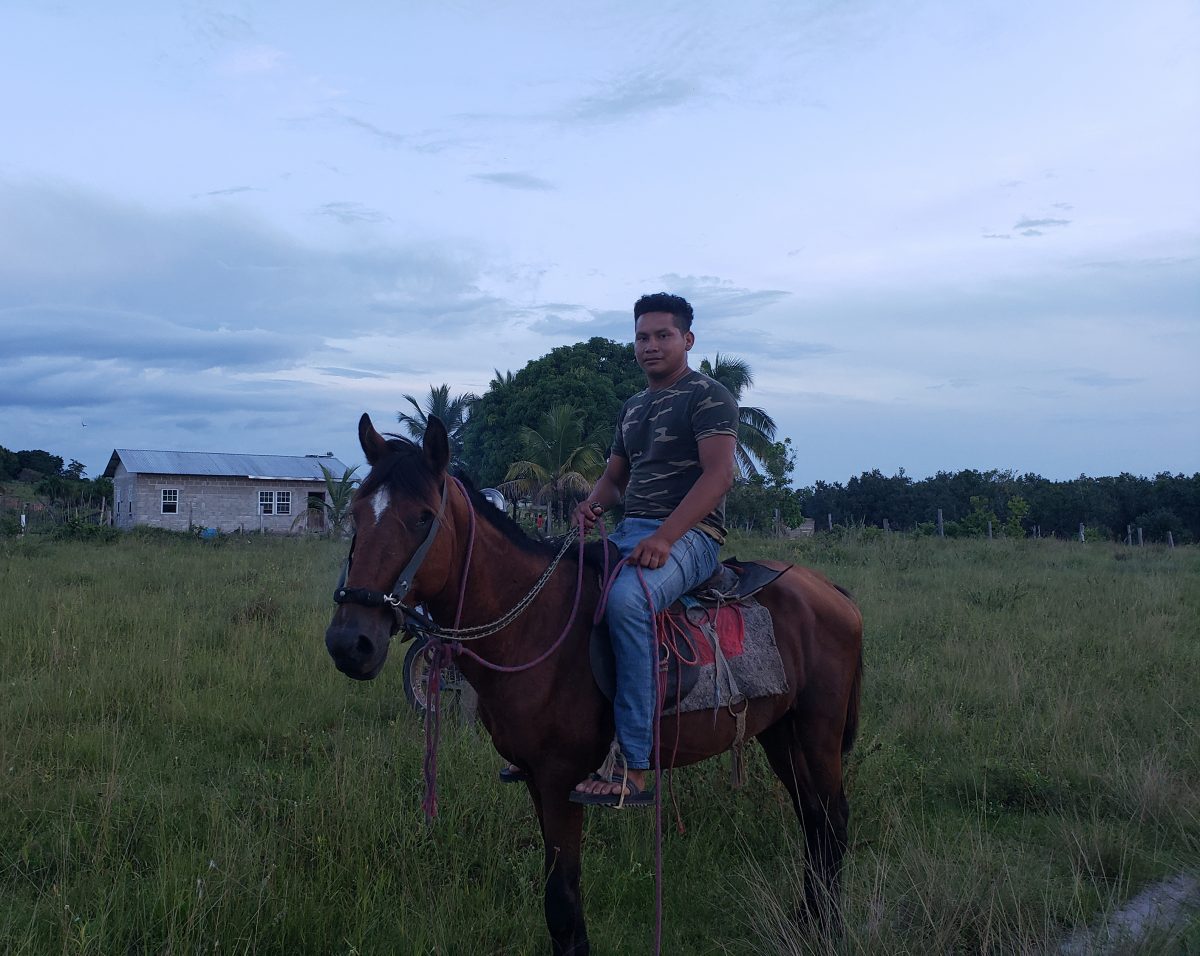In Guyana, there is enormous diversity among Indigenous nations, each of which have their own distinct culture, language, history and unique way of life.
For the Wapichan nation, whose peoples occupy the southern Rupununi Savannahs, a lot has changed since they first came into contact with the modern world. Yet, despite that, some aspects of life remain little altered over decades.
On Mondays, after sending their children to school, villagers gather at a meeting point, which varies, to do their weekly community ‘manore’ or communal work, whether it is weeding the bushes in the village or rounding up the village cattle. Most of the women opt to work alongside their spouses so meals and drinks are prepared by only a few women. For almost the entire day, they brave the weather and don’t give up until their goal is met.
After completing their work, they sometimes gather at the home of someone who has pails of ‘parakari,’ which is their local alcoholic beverage. There can be dancing until late at night. The following day, at around 5 am, parents are already awake, preparing breakfast for their children and just before dawn, they leave for their farms while the children prepare for school. And that is their routine from Tuesday to Friday. On Friday afternoons, families leave to spend the night at their farmhouse and spend most of Saturday working in the farm. They return to the village on Saturday evening to prepare for church on Sunday.
In contrast to that, long ago, the most exciting times for the Wapichan people were before a holiday. Before each holiday, such as Christmas, Easter or Emancipation Day, the toshao or village chief would hold a public meeting to discuss what will be done in preparation for that holiday. Women were asked to make farine, casereep, tapioca and parakari, all of which are derived from the cassava root after the cyanide is extracted, while the men went fishing and hunting.
Before the fishing trip, persons go into the forest for ‘ishar’, a vine which is used to paralyse the fish, while others commence a search, which sometimes can involve as much as three days of travelling, to locate a deep pond filled with fish. Knowing that ishar can be harmful to cattle, they usually opt for ponds far away from the villages. Flowing creeks and rivers are seldom poisoned.
Several days before the hunting/fishing spree, the village men will begin their journey. When they arrive at the selected pond, they will set up camp and wait for morning. At 3 am, the ishar vine would be placed in bags and beaten with wooden beaters until it is fully shredded after which the Piman smokes his tobacco while singing a song asking the ‘mama fish’ to release some of her fishes. An arrow or knife will subsequently be thrown into the pond as payment for the fishes that will be caught.
The first set of fishes are not allowed to be speared, chopped or shot but the men will have to catch them with their bare hands. It is believed that the fishes will return to their ‘ma ma’ for life. Seeing that the fishes’ flesh were not pierced, the ma ma fish will release more fishes. Those fishes can now be chopped or speared.
After that ritual, the men are allowed to fill their baskets with the now milky vine shreds and sap the knees of the pregnant women, who have accompanied them on the trip. A pregnant woman on a fishing trip is a must as it is believed that sapping of the pregnant women’s knees will prevent the fishes from sinking ensuring that not one fish is wasted. After that, the men will swim around the pond with their baskets filled with ishar and wait for the fishes to float up.
Whatever is caught is smoked or salted and the first set of fishes caught will be given to the toshao for the holiday feast.
When the holiday arrives, women will cook various indigenous dishes including tuma pot, which is searing hot from the amount of peppers that goes in, which is all done at the toshao’s home. Once the celebrations commence, male musicians will play their flutes and guitar after which the toshao will give a speech about how they are expected to behave during and after the celebrations. Mean-while, the young ladies are asked to sit on long benches and await their dancing partners. On rare occasions, those kind of feasts last for a number of days.
This type of celebration rarely happens nowadays.









